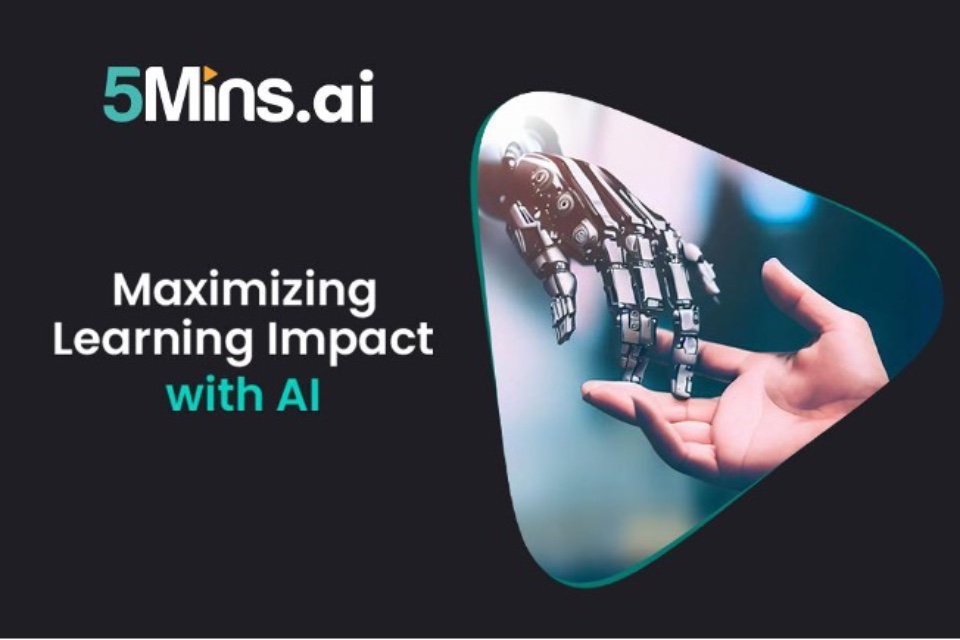The Human Resources (HR) sector stands on the cusp of a technological revolution. As we advance through the next five years, a confluence of emerging technologies is poised to transform HR from a primarily administrative department into a strategic powerhouse. Below, we explore the technologies that are set to reshape the HR landscape in the medium-term…
1. Artificial Intelligence and Machine Learning: We’ve covered before in these pages, but AI and machine learning are already making inroads into HR through smarter applicant tracking systems and enhanced employee experience platforms. Over the next five years, these technologies will become more sophisticated, allowing for more nuanced talent acquisition strategies, predictive attrition models, and personalized learning and development programs. AI-powered chatbots will provide instant, round-the-clock assistance to employee inquiries, freeing up HR professionals to focus on more complex tasks.
2. Advanced Data Analytics: Big Data in HR will move beyond descriptive analytics to prescriptive and predictive analytics. With the integration of complex algorithms and data sets, HR will be able to forecast trends, determine the effectiveness of policies, and anticipate the impact of external factors on workforce dynamics. This shift will enable proactive rather than reactive strategies, from workforce planning to talent management.
3. Blockchain Technology: Blockchain’s potential in HR lies in its ability to create unalterable and transparent records. In the coming years, it could revolutionize the way we handle employee verification, payroll, and the protection of employee data. Blockchain could ensure the authenticity of candidate qualifications and streamline the onboarding process by providing indisputable records of an employee’s history.
4. Internet of Things (IoT): IoT devices will further penetrate the workplace, offering insights into how employees interact with their environment. Smart office technology can lead to improved workplace productivity and employee wellbeing. For example, IoT sensors can help monitor workplace conditions and ensure they meet health and safety standards.
5. Virtual and Augmented Reality: VR and AR will transform training and development in HR. Immersive simulations can provide employees with realistic scenarios for practice, ranging from public speaking to emergency response. This technology will also be vital in global organizations for virtual meetings, helping to create a sense of presence and engagement.
6. Employee Self-Service Platforms: Enhanced self-service technologies will empower employees to take charge of their personal information, benefits, and professional development. Such platforms will likely incorporate AI assistants to guide employees through processes and decisions, leading to a more engaged and informed workforce.
7. Remote Work Technology: As remote work continues to be prevalent, technologies that support collaboration, productivity, and employee engagement will become more advanced. HR will leverage these tools not only to facilitate seamless work from anywhere but also to track and enhance employee performance without intruding on privacy.
8. Wearable Tech and Employee Wellness: Wearable technology will play a larger role in monitoring and promoting employee wellness. HR policies might integrate data from wearables to support health initiatives, mental health awareness, and a better work-life balance.
9. Ethical Tech and Privacy Enhancements: With increased technology use, ethical considerations and data privacy will become even more important. Technologies that ensure data security and ethical decision-making in AI will be vital.
10. Cloud Computing: The migration of HR systems to cloud-based platforms will continue, providing flexible, scalable solutions that can adapt to changing business needs. Cloud computing will enable HR to be more agile, collaborative, and data-driven.
In the next five years, HR will likely witness a paradigm shift as these technologies mature, leading to an era of greater efficiency, strategic insight, and employee-centric policies. The adoption of these technologies will challenge HR professionals to adapt, upskill, and rethink traditional approaches to workforce management.






